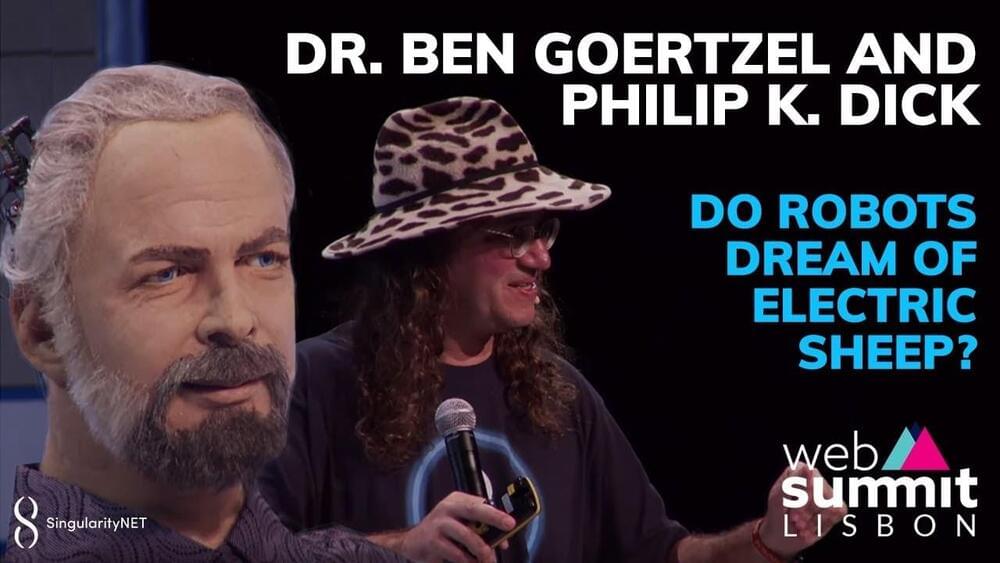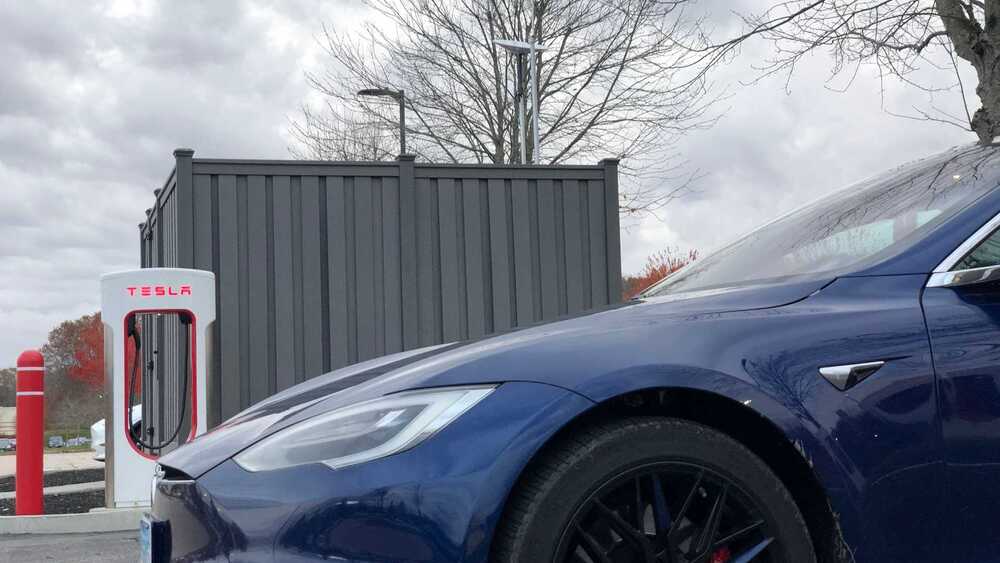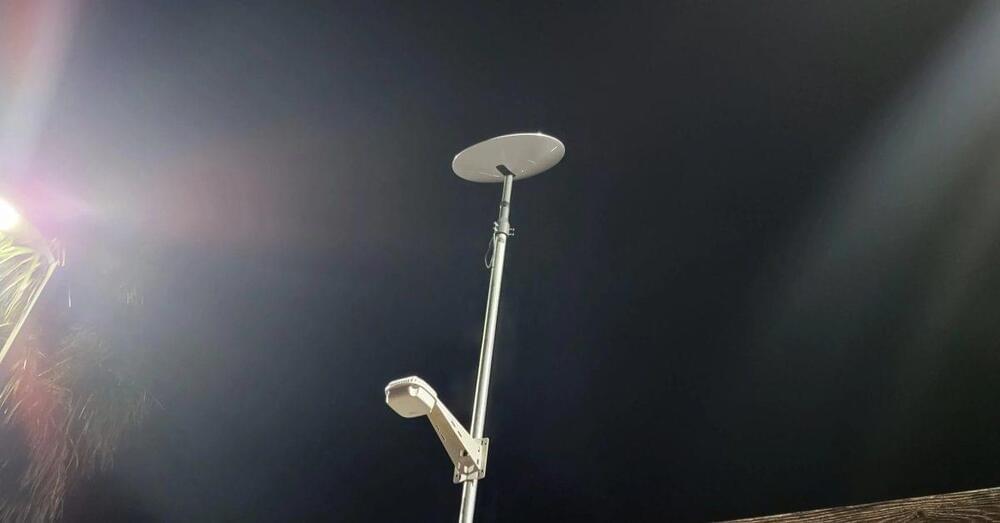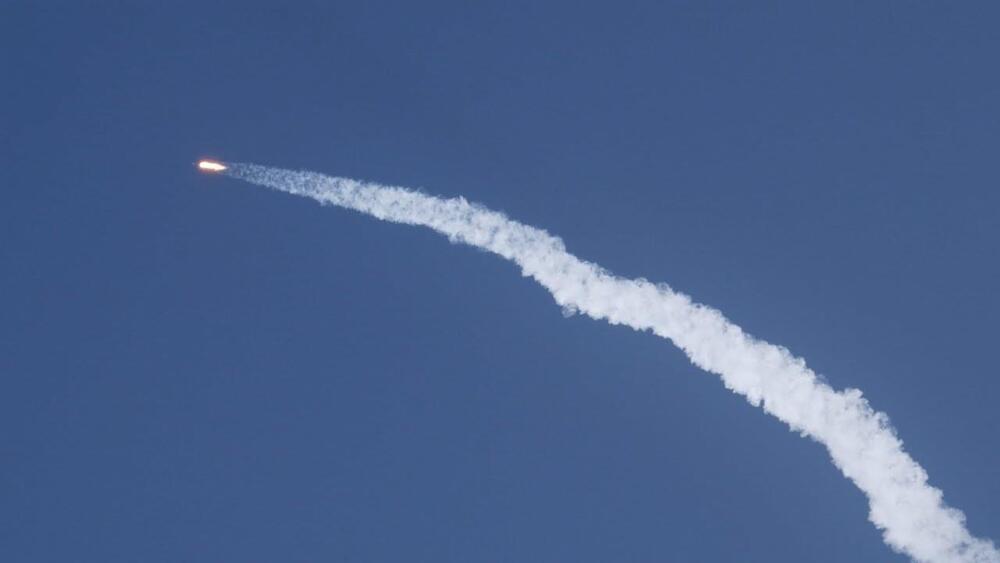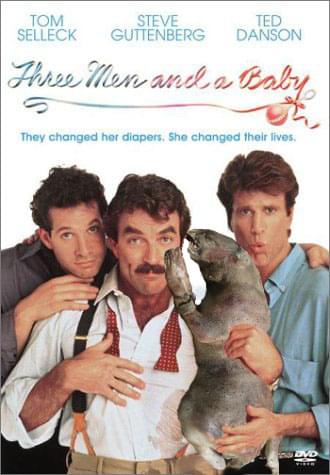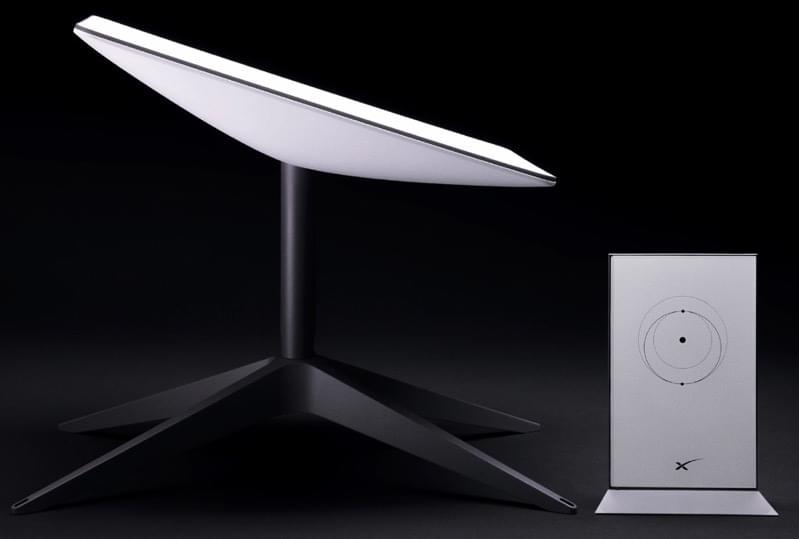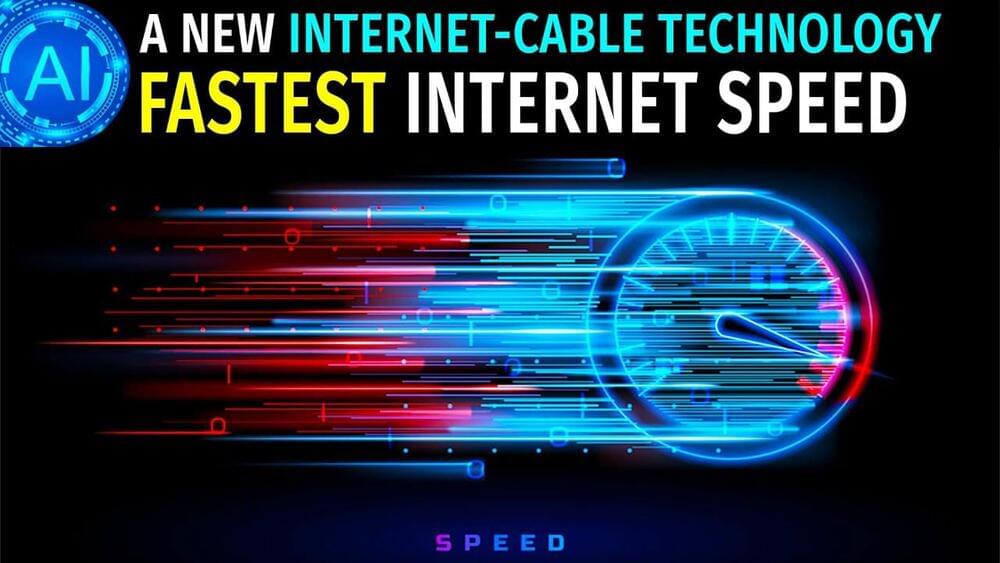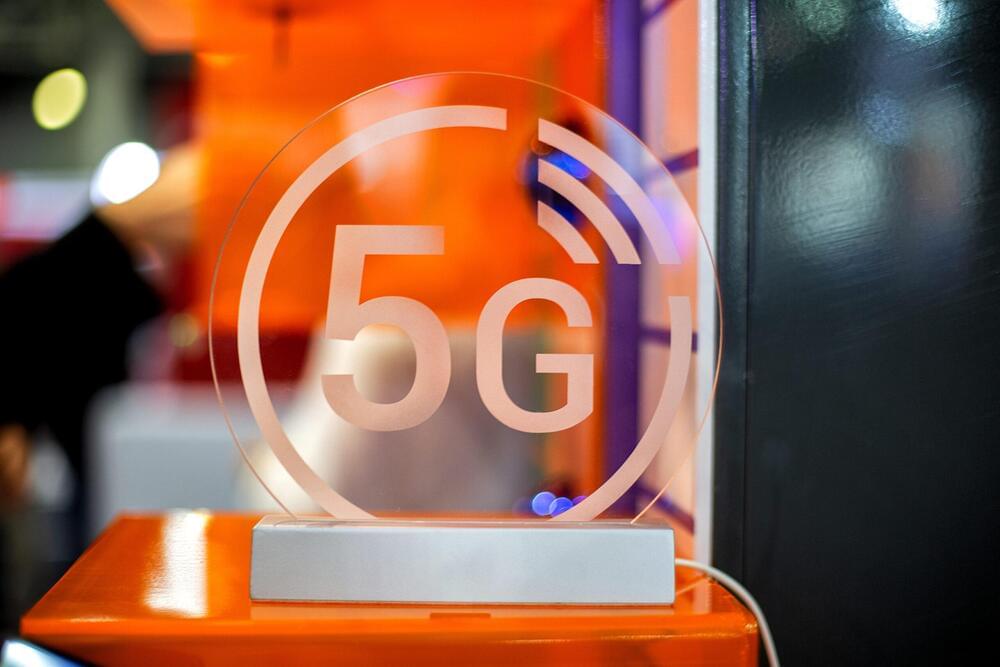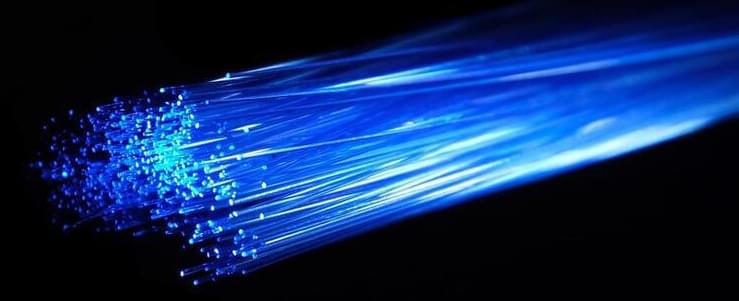Dr. Ben Goertzel with Philip K. Dick at the Web Summit in Lisbon 2019.
Ben showcases the use of OpenCog within the SingularityNET enviroment which is powering the AI of the Philip K. Dick Robot.
We apologise for the poor audio quality.
SingularityNET is a decentralized marketplace for artificial intelligence. We aim to create the world’s global brain with a full-stack AI solution powered by a decentralized protocol.
We gathered the leading minds in machine learning and blockchain to democratize access to AI technology. Now anyone can take advantage of a global network of AI algorithms, services, and agents.
Website: https://singularitynet.io.
Forum: https://community.singularitynet.io.
Telegram: https://t.me/singularitynet.
Twitter: https://twitter.com/singularity_net.
Facebook: https://facebook.com/singularitynet.io.
Instagram: https://instagram.com/singularitynet.io.
Github: https://github.com/singnet.
Linkedin: https://www.linkedin.com/company/singularitynet
